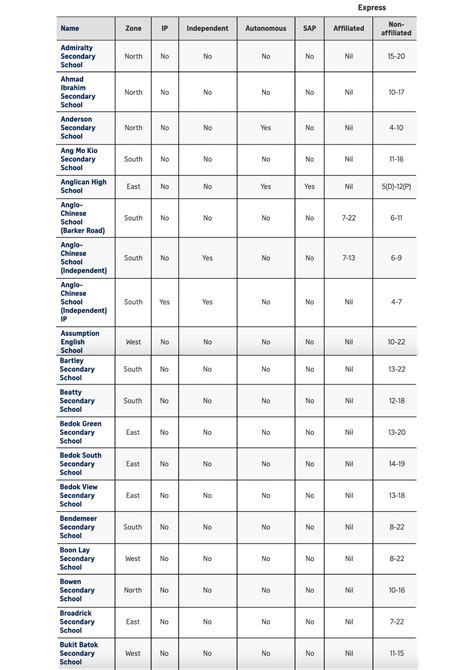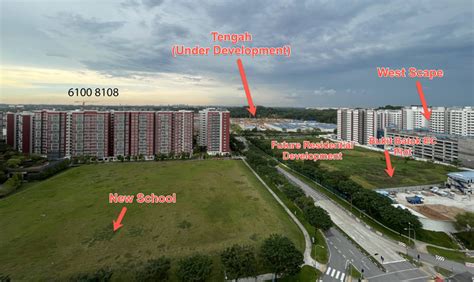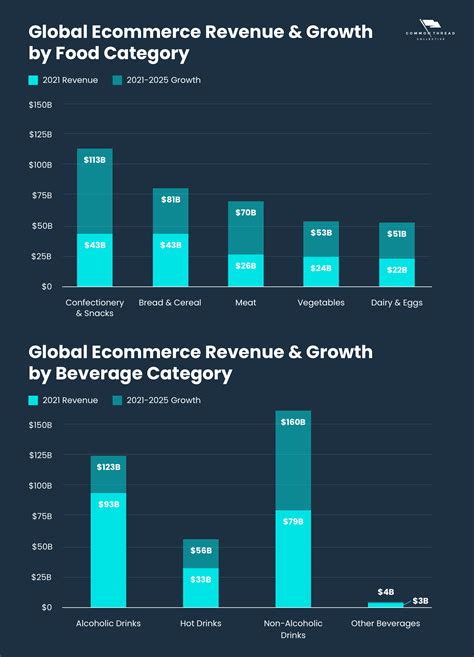What to Eat If Blood Pressure is High
High blood pressure, or hypertension, is a common condition that can lead to serious health problems, including heart disease, stroke, and kidney failure. While there are many factors that can contribute to high blood pressure, diet is one of the most important.

Eating a healthy diet can help to lower blood pressure and reduce the risk of developing heart disease and other health problems. Here are seven foods that are good for people with high blood pressure:
1. Fruits and vegetables.
Fruits and vegetables are low in sodium and high in potassium, which helps to lower blood pressure. Bananas, cantaloupe, and pears are all good sources of potassium. Leafy greens, such as spinach, collard greens, and kale, are also good choices.
2. Low-fat dairy products.
Dairy products, such as milk, yogurt, and cheese, are good sources of calcium, which helps to lower blood pressure. Low-fat dairy products are a good option for people with high blood pressure, as they are also low in saturated fat.
3. Whole grains.
Whole grains, such as brown rice, quinoa, and oatmeal, are a good source of fiber, which helps to lower blood pressure. Fiber binds to cholesterol in the intestines and prevents it from being absorbed into the bloodstream.
4. Fish.
Fish is a good source of omega-3 fatty acids, which have been shown to lower blood pressure. Fatty fish, such as salmon, tuna, and mackerel, are particularly good sources of omega-3s.
5. Nuts and seeds.
Nuts and seeds are a good source of magnesium, which helps to lower blood pressure. Magnesium is also found in leafy greens, beans, and whole grains.
6. Olive oil.
Olive oil is a good source of monounsaturated fats, which have been shown to lower blood pressure. Olive oil can be used in salad dressings, marinades, and cooking.
7. Dark chocolate.
Dark chocolate is a good source of flavonoids, which have been shown to lower blood pressure. Flavonoids are also found in tea, red wine, and berries.
Foods to Avoid If Blood Pressure is High
In addition to eating foods that are good for people with high blood pressure, it is also important to avoid foods that can raise blood pressure. Here are seven foods to avoid if you have high blood pressure:
1. Processed foods.
Processed foods are often high in sodium, which can raise blood pressure. Processed foods include canned soups, frozen meals, and snack foods.
2. Salty foods.
Salty foods, such as chips, pretzels, and bacon, are high in sodium, which can raise blood pressure.
3. Red meat.
Red meat is high in saturated fat, which can raise blood pressure. Saturated fat is also found in butter, cheese, and ice cream.
4. Sugary drinks.
Sugary drinks, such as soda, juice, and sports drinks, are high in sugar, which can raise blood pressure. Sugar can also lead to weight gain, which can further increase blood pressure.
5. Alcohol.
Alcohol can raise blood pressure, especially if you drink too much. Women should limit their alcohol intake to one drink per day, and men should limit their intake to two drinks per day.
6. Caffeine.
Caffeine can raise blood pressure, especially if you consume too much. Caffeine is found in coffee, tea, and energy drinks.
7. Smoking.
Smoking can damage the blood vessels and raise blood pressure.
Tips for Eating a Heart-Healthy Diet
If you have high blood pressure, it is important to eat a heart-healthy diet. Here are a few tips:
- Choose foods that are low in sodium and high in potassium.
- Limit your intake of saturated fat and cholesterol.
- Eat plenty of fruits, vegetables, and whole grains.
- Include fish in your diet at least twice a week.
- Limit your intake of sugary drinks and alcohol.
- Maintain a healthy weight.
- Get regular exercise.
Conclusion
Eating a healthy diet is one of the most important things you can do to lower your blood pressure and reduce your risk of developing heart disease and other health problems. By following the tips in this article, you can create a heart-healthy diet that is both delicious and nutritious.
Additional Resources
Table 1. Foods to Eat for High Blood Pressure
| Food | Potassium (mg) |
|---|---|
| Bananas | 422 |
| Cantaloupe | 267 |
| Pears | 201 |
| Leafy greens | 100-200 |
| Low-fat milk | 381 |
| Yogurt | 381 |
| Cheese | 200-300 |
| Brown rice | 156 |
| Quinoa | 281 |
| Oatmeal | 104 |
| Salmon | 425 |
| Tuna | 363 |
| Mackerel | 392 |
| Nuts | 160-200 |
| Seeds | 100-150 |
| Olive oil | 73 |
| Dark chocolate | 158 |
Table 2. Foods to Avoid for High Blood Pressure
| Food | Sodium (mg) |
|---|---|
| Canned soup | 800-1200 |
| Frozen meals | 400-800 |
| Snack foods | 150-300 |
| Salty foods | 200-400 |
| Bacon | 1200 |
| Red meat | 700-1000 |
| Butter | 90 |
| Cheese | 100-200 |
| Ice cream | 100-150 |
| Soda | 39 |
| Juice | 100-150 |
| Sports drinks | 110 |
| Alcohol | 14 |
| Caffeine | 100 |
| Tobacco | 100 |
Table 3. Tips for Eating a Heart-Healthy Diet
| Tip | Description |
|---|---|
| Choose foods that are low in sodium and high in potassium. | Potassium helps to lower blood pressure. |
| Limit your intake of saturated fat and cholesterol. | Saturated fat and cholesterol can raise blood pressure. |
| Eat plenty of fruits, vegetables, and whole grains. | Fruits, vegetables, and whole grains are all good sources of fiber, which helps to lower blood pressure. |
| Include fish in your diet at least twice a week. | Fish is a good source of omega-3 fatty acids, which have been shown to lower blood pressure. |
| Limit your intake of sugary drinks and alcohol. | Sugary drinks and alcohol can both raise blood pressure. |
| Maintain a healthy weight. | Being overweight or obese can increase your risk of developing high blood pressure. |
| Get regular exercise. | Exercise can help to lower blood pressure. |
Table 4. Health Benefits of Eating a Heart-Healthy Diet
| Benefit | Description |
|---|---|
| Lowers blood pressure | Eating a heart-healthy diet can help to lower blood pressure by reducing sodium intake and increasing potassium intake. |
| Reduces the risk of heart disease | Eating a heart-healthy diet can help to reduce the risk of heart disease by lowering cholesterol levels and improving blood flow. |
| Reduces the risk of stroke | Eating a heart-healthy diet can help to reduce the risk of stroke by lowering blood pressure and improving blood flow. |
| Reduces the risk of kidney disease | Eating a heart-healthy diet can help to reduce the risk of kidney disease by lowering blood pressure. |
| Improves overall health and well-being | Eating a heart-healthy diet can help to improve overall health and well-being by providing essential nutrients and antioxidants. |















